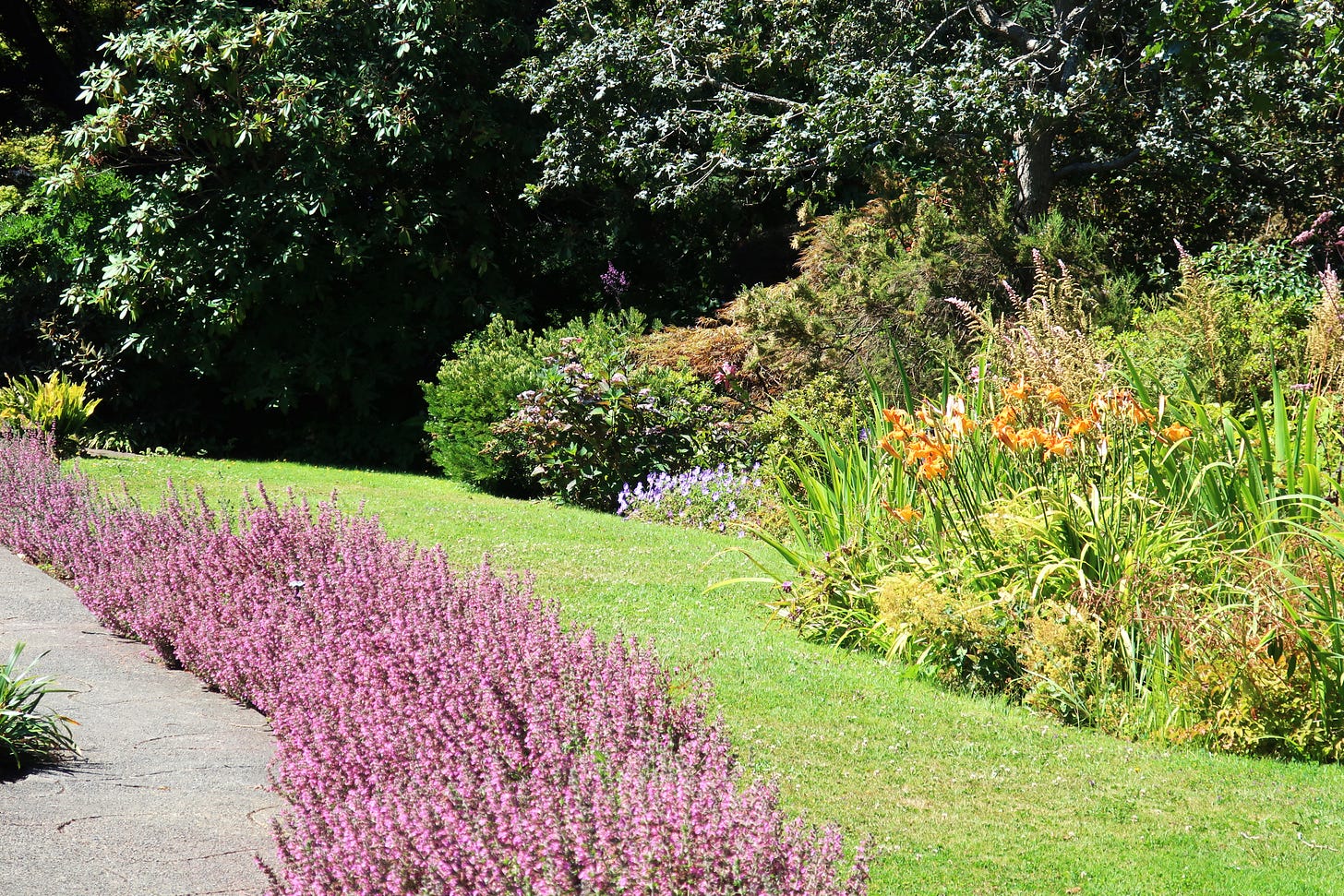“In nature every moment is new; the past is always swallowed and forgotten … Nothing is secure but life, transition, the energizing spirit. No love can be bound by oath or covenant to secure it against a higher love. No truth so sublime but it may be trivial tomorrow in the light of new thoughts. People wish to be settled; only as far as they are unsettled is there any hope for them.” – Ralph Waldo Emerson
Chrysanthemums
I am savouring The Book of the Flower: Flowers in Art a few pages at a time. One chapter looks at the prints of chrysanthemums by Keika Hasegawa and I was intrigued to learn more about this flower’s history in Japan. Chrysanthemums have been cultivated since ancient times in China and were introduced to Japan in the Heian period (794-1185). The Chrysanthemum Festival on September 9 pays tribute to the flower’s medicinal properties in promoting good health and longevity. The flower was adopted as the royal crest in the early Kamakura period (1185–1333) and is also found on the cover of the Japanese passport. [Nippon]
Keika Hasegawa’s woodblock prints are both delicate and vibrant. Each print by the late 19th-century artist features a single long-stemmed flower. [Rosenstiels]
International Exchanges
I’m reading Empire World: How British Imperialism Shaped the Globe by Sathnam Sanghera. It’s a thought-provoking look at how those of us in developed countries have and continue to interact with countries in the developing world. I was struck by the tremendously broad impact of colonialism and by how it continues to influence international relations. For example, let’s talk about food. Without colonization, we wouldn’t have tomatoes, potatoes, spices, tea, and coffee. What would our international transportation network look like if the British hadn’t developed such phenomenal skills as people exporters? The Atlantic slave trade saw 12,521,000 human beings transplanted, followed by more than 1 million indentured labourers from India. Perhaps I shouldn’t be surprised that the UK seriously considered sending unwanted refugees to Rwanda. This is after all the country that sent convicts to Australia and Tasmania, sometimes for something as petty as stealing a loaf of bread. And we’re still importing low-paid workers for our farms and care homes. Imperialism was designed to export British standards to ‘backwards’ countries. It was later replaced by international relief agencies, supporting some 40,000 jobs in the UK, that tended to share empire’s civilizing mission. Developed countries continue to meddle, for right or wrong, in other countries’ business, be it Mexico, South America, or the Ukraine.
Wizards
On a much lighter note, I highly recommend the Rivers of London book series by Ben Aaronovitch. I laugh out loud at the clumsy efforts of London constable and apprentice wizard Peter Grant to sniff out magic, hinder (prevention is not always an option) magical crimes, and undertake extensive negotiations with the quarrelling gods and goddesses of the River Thames. The books are an unexpected combination of police procedural, fantasy, and comedy – and good fun.
Footnotes to a Conversation is a weekly Monday feature covering an assortment of topics that I’ve come across in the preceding week – books, art, travel, food, and whatever else strikes my fancy. I also post occasional articles on other dates, including frequent book reviews and travel tales.
If you share my love of nature, check out EcoFriendly West, an online publication encouraging environmental initiatives in Western Canada, and Nature Companion, a free nature app for Canada’s four western provinces.





"only as far as they are unsettled is there any hope for them." Brilliant. As a full-time traveling nomad, this resonates with me. Thank you for bringing it to my attention today. 💜